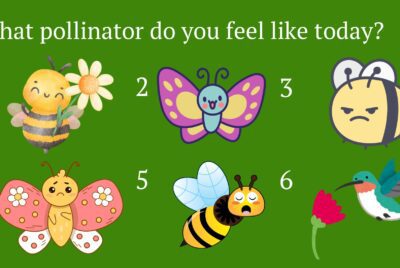RESEARCH
Gardener Well-Being along Social and Biophysical Landscape Gradients
Summary
This study explored how community gardens affect the well-being of people living in different types of neighborhoods across the Central Coast of California. Researchers surveyed 182 gardeners in 18 urban community gardens and looked at how much time they spent gardening and what personal benefits they felt, such as improved mental health, better physical health, stronger family connections, and access to fresh food. The study also considered the neighborhoods surrounding the gardens—some were more urban with fewer green spaces, while others had more natural areas or farmland nearby. The goal was to understand whether a person’s environment influences how they use gardens and what they get out of the experience.
Gardeners in more urban areas—where there’s less nature and fewer private green spaces—spent more time in the gardens and reported strong benefits like stress relief, family bonding, and food access. In greener areas, people tended to spend less time in gardens but still felt connected to nature and valued the peacefulness. The study found that gardening provided different types of well-being depending on the surrounding environment. Community gardens were especially important for residents with fewer resources, offering a space to relax, grow food, and connect with others.







